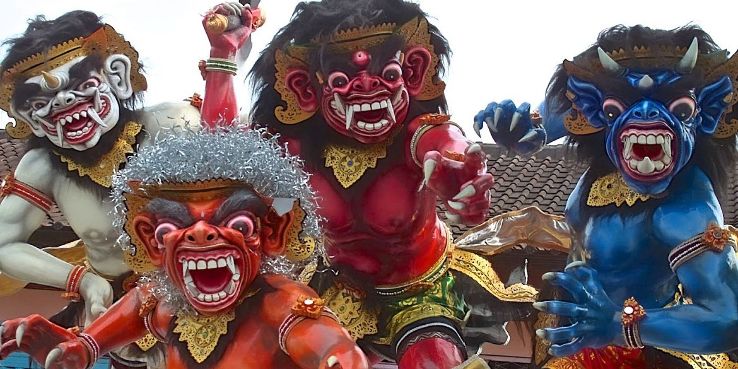
Ogoh-Ogoh Event Nets Middling Support
1 of 122 traditional villages found in the Badung Regency of Bali have created an entry for the island-wide Ogoh-Ogoh…

1 of 122 traditional villages found in the Badung Regency of Bali have created an entry for the island-wide Ogoh-Ogoh…
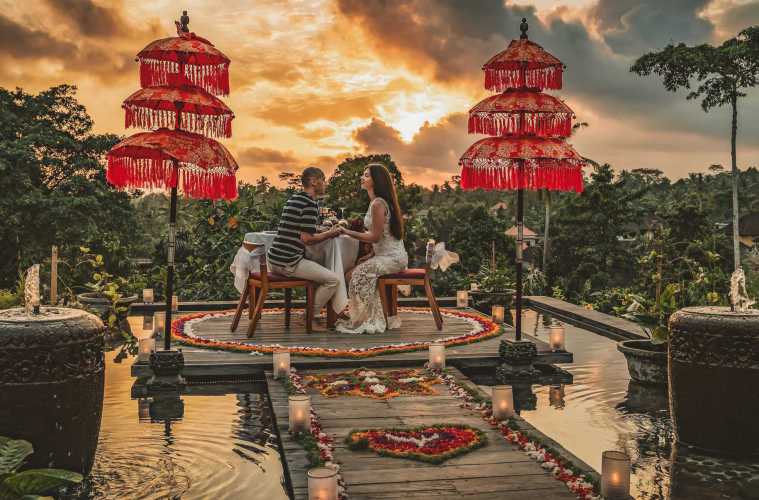
Tripadvisor has announced that Bali has won the Top Traveler’s Choice Destination In Asia and is ranked number 4 in…
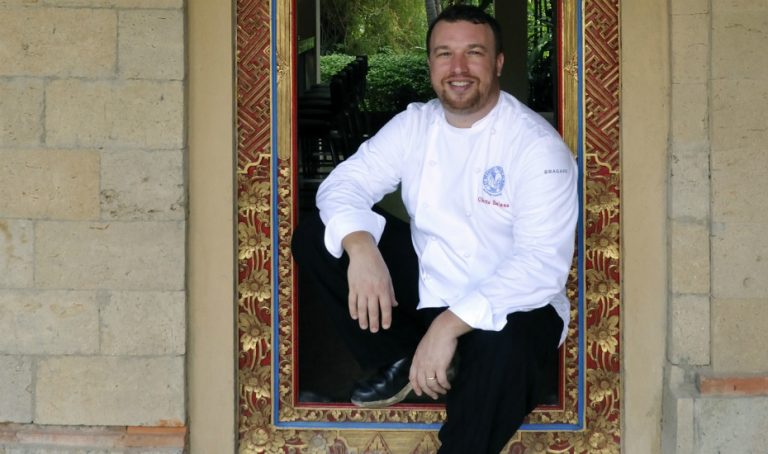
Chef-owner Chris Salans of Bali’s renowned Mozaic Group has recently been awarded the Ordre du Mérite Agricole (Order of Agricultural Merit) by the French government….
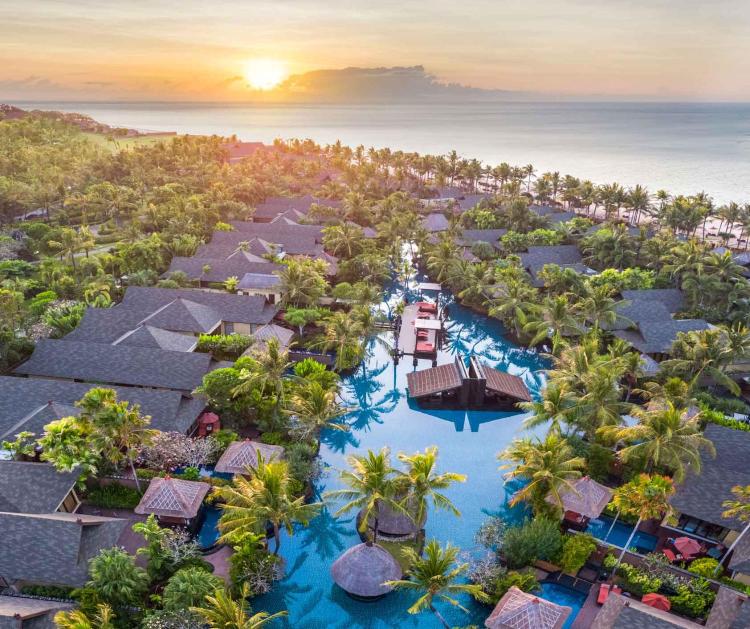
The St Regis Bali Resort has been named to Forbes Travel Guide’s 2021 Star Awards. The new award series from Forbes Travel Guide will…
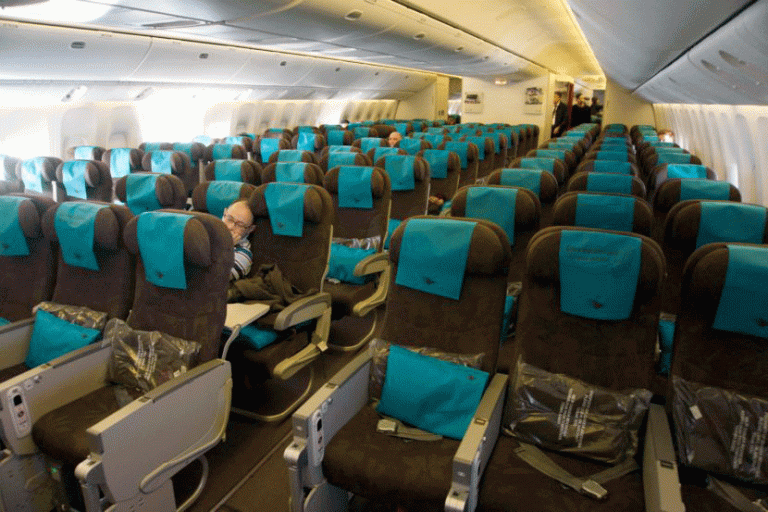
July is traditionally one of the busiest months of the year in Bali in terms of foreign tourist arrivals. But,…

As Tempo.co reported, the Director of Marketing for Indonesia’s Ministry of Tourism and the Creative Economy, Vinsensius Jemadu, says that 76% of Indonesian…
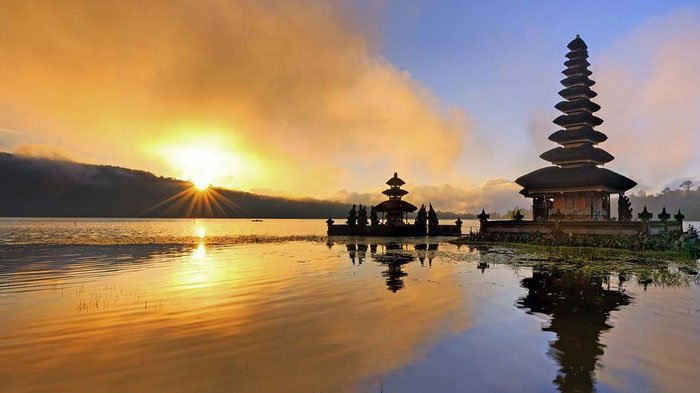
After a six-month shutdown caused by the global pandemic, Bali’s tourism industry is starting to show renewed life signs. As Kompas.com reports,…

Widespread reduced purchasing power among local consumers in Bali is being felt by orange producers in the Rendang District of…
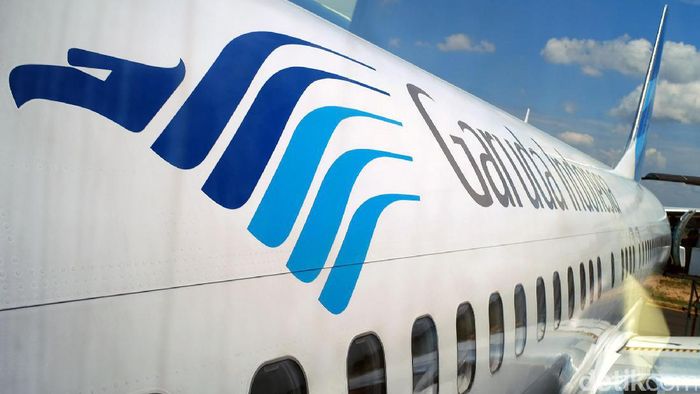
As reported by Kompas.com, the Jakarta Regional CEO of Garuda Indonesia, M. Yansverio, told an ASTINDO Webinar on Thursday, 27 August 2020: “Tomorrow (28 August…

Citilink Indonesia – the low-cost subsidiary of Garuda Indonesia has reopened a bevy of domestic routes – including seven daily…
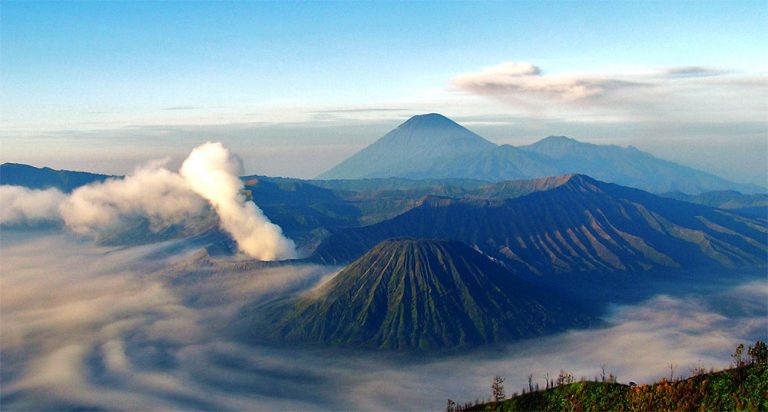
The 2,320-meter-high active Mount Bromo Volcano – a peak within East Java’s Tennger Massif – reopened officially to visitors on…

Bearing an uncanny resemblance to a certain political leader of the day, Genta and Kalawa, the two male proboscis monkeys (Nasalis…
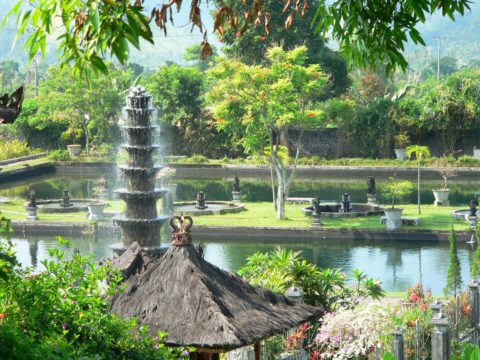
The escalating reopening of tourism sites in Bali following the restart of domestic tourism on 31 July 2020 saw the…

Jakarta Globe reports that the major travel booking platform Traveloka, founded in Indonesia in 2012 and now operating in at…

After a 6-month furlough or, in this case, shore-leave, Sea Safari Cruises has resumed its dinner cruises on Saturday, 15…
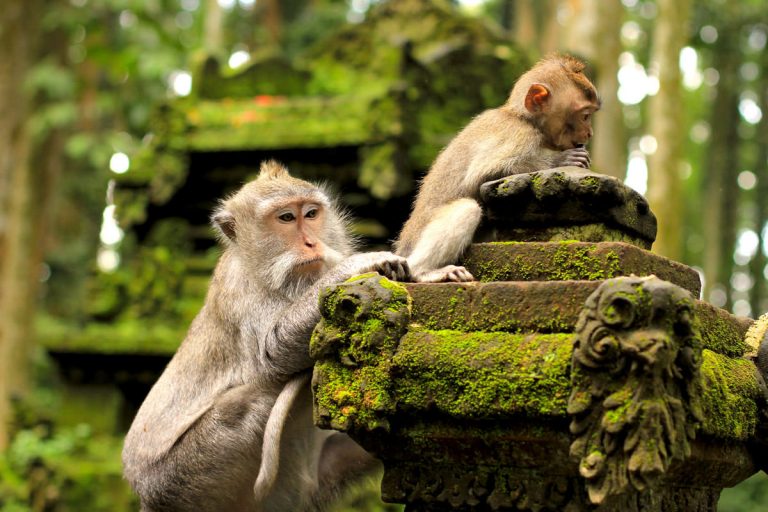
The management of the Alas Kedaton Monkey Forest located in Kukuh Village, Marga, Tabanan in West Bali is, for a…
